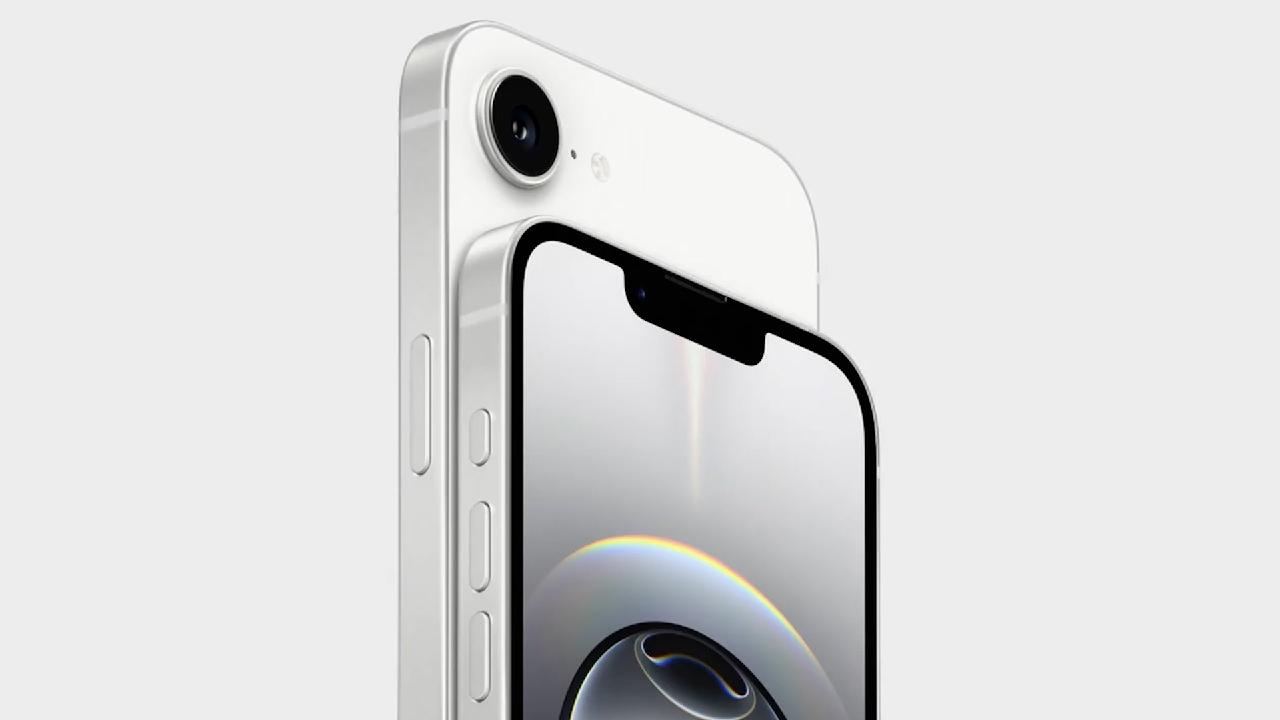Huawei Smart Screen MateTV: Revolutionizing Home Interaction

The recent release of Huawei's Smart Screen MateTV, featuring innovative Lingxi Floating Touch Control Technology, is a noteworthy advancement in smart home devices. This technology allows for multi-finger manipulation on the TV interface, resembling the touch capabilities of modern smartphones and tablets. This development matters not just for Huawei but for the broader landscape of smart entertainment systems, signaling a shift towards more interactive and intuitive user experiences.
Lingxi Floating Touch Control Technology essentially creates a layer of interactivity that recognizes gestures and touch from multiple fingers simultaneously. This could be likened to how touchscreens on mobile devices have revolutionized computing; however, applying this to a larger screen format like a TV suggests a promising evolution for home entertainment. Imagine flipping through channels or scrolling through streaming service menus with a simple swipe of your hand—this is the future of seamless interaction, making traditional remote controls feel outdated.
Furthermore, the applications of such technology extend beyond basic navigation. With integrated AI capabilities, Smart Screen MateTV can learn user preferences, suggest content, and facilitate communal viewing experiences within families or groups, akin to how smart assistants have normalized voice-activated commands in our daily lives. Beyond mere entertainment, this development aligns with ongoing trends in the tech industry that emphasize user-centric design and the integration of AI, phenomenal factors that attract consumers seeking personalized experiences.
In conclusion, Huawei's Smart Screen MateTV exemplifies how evolving technology continues to blur the lines between devices intended for work and leisure. This innovation not only enhances user interaction but also positions Huawei as a significant player in the competitive smart home market. As we see more devices embracing touch technology, one must ponder: will tactile interaction become the gold standard for all home devices, or will other modes of interaction continue to coexist?
Read These Next

Neck Surgery Offers New Hope for Alzheimer's Patients
A new neck surgery technique, dcLVA, shows promise for Alzheimer's patients in China, with 80% showing improvements post-surgery.

TOMEX+: Innovating Atmospheric Research
TOMEX+ is an innovative atmospheric rocket program aiming to study upper atmospheric turbulence, crucial for satellite technology and extraterrestrial research.

Apple Launches New iPhone 16e with Exciting Features
Apple launched the iPhone 16e, enhancing its smartphone line and impacting global tech trends, especially in China.
